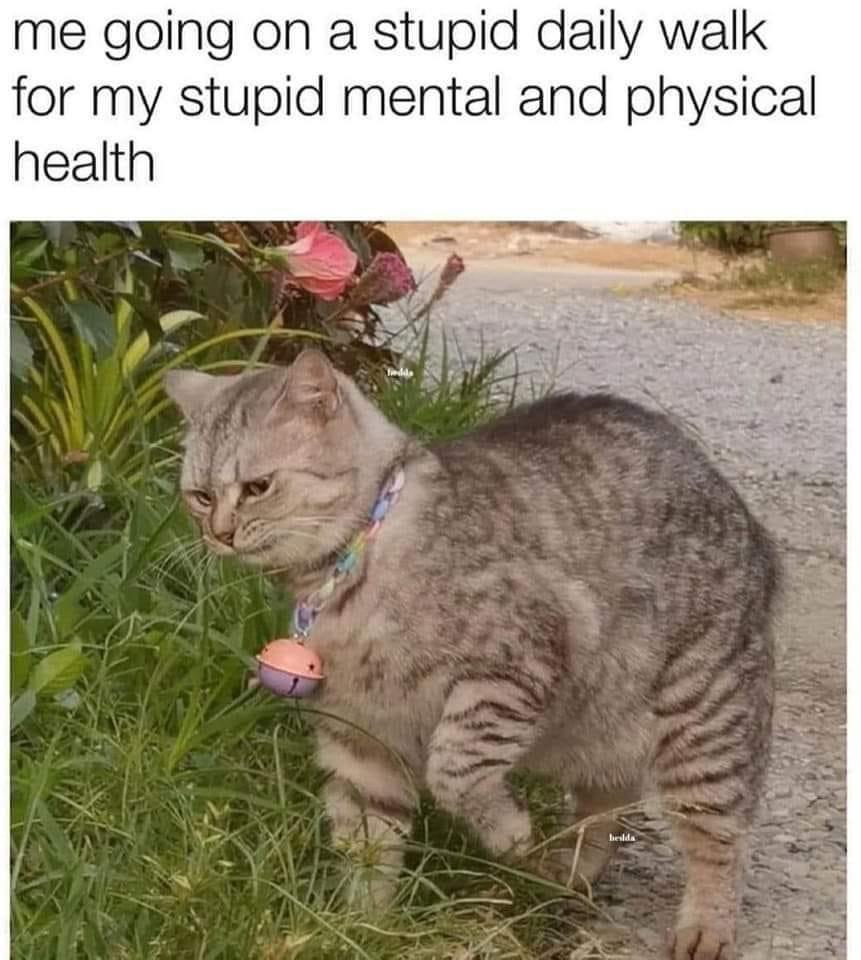Thought for the day.
How easy is it for you to accept new information; when it contradicts an existing belief or view?
e.g. from the book I am reading: it is not possible to exercise ourselves to weight loss; the body essentially has a fairly consistent energy use, weather sitting at a desk or going for a run. This is both interesting and counter intuitive, physical exertion seems like it should use more energy than sitting around. The book goes on to explain the both the mechanism for this and the push by various companies to equate exercise with weight loss. Exercise does a huge range of good things for us, but losing weight is not one of them.
